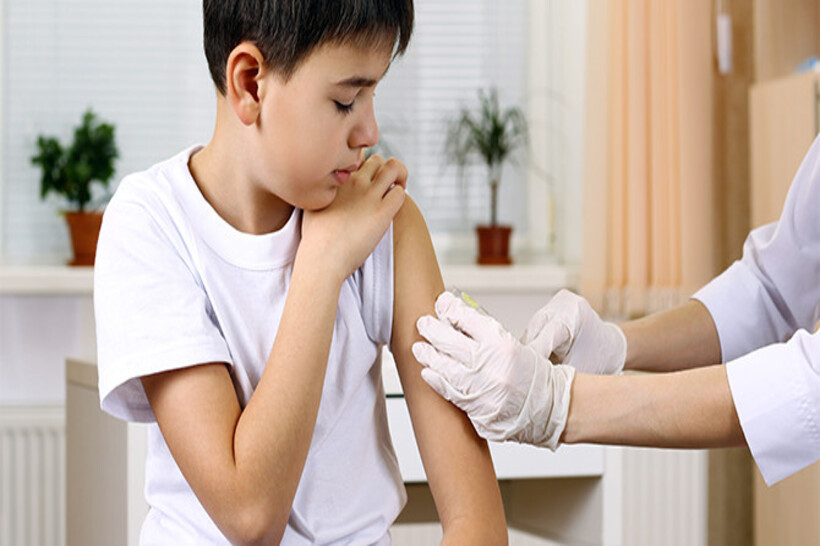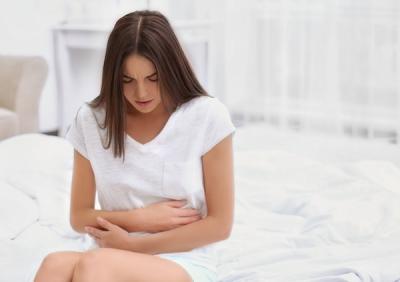Here’s what happy parents do to raise happy kids! Sign up to find out!
According to WHO, there are over 100 different strains of HPV. Some can lead to bothersome yet benign conditions such as genital warts, whereas other strains can be far more dangerous, heightening the risk of certain kinds of cancer.
Let me debunk myths and answer FAQs on the HPV vaccine for youngsters.
Is The Vaccine Safe For Use By My Child? What Does It Provide Protection Against?
Yes! The HPV vaccine has been licensed by the Food and Drug Administration (FDA). The CDC has approved this vaccine as safe and effective.
The HPV vaccine targets the HPV types that most commonly cause cervical cancer and can cause some cancers of the vulva, vagina, anus, and oropharynx.
It also protects against the HPV types that cause most genital warts. The HPV vaccine is highly effective in preventing the targeted HPV types, as well as the most common health problems caused by them.
Note: I would suggest that you should discuss the above conditions and possible symptoms with your child, in the presence of a Doctor.
When Shall I Get My Child Vaccinated?
It is advised to administer the HPV vaccine to people aged between 9 and 26 years, so as to prevent the HPV from spreading after possible contact/interaction with an HPV infected individual.
- Two doses of the HPV vaccine are recommended for children at ages 11–12 years
- The vaccine can be given starting at age 9 years.
- Children who start the HPV vaccine series on or after their 15th birthday need three doses given over 6 months.
Why Should I Vaccinate My Child Who Isn’t Sexually Active?
The vaccine is less effective in preventing HPV-related disease in young women who have already been exposed to one or more HPV types. That is because the vaccine prevents HPV before a person is exposed to it. The HPV vaccine does not treat existing HPV infections or HPV-associated diseases.
Also, HPV can spread from one human to another even in the absence of sexual intercourse. Yes, you read that right! Something as simple as touching and hugging can be enough for the spread of HPV.
Some Points To Consider
- The vaccine is effective only if it is administered prior to exposure and sexual activity, therefore it is advised for young girls and boys to administer the vaccine at the beginning of the second decade of their lives.
- The World Health Organization explained that HPV infection is so common because it can spread without penetrative intercourse – it can be passed on simply through skin-to-skin contact.
- Knowledge and awareness about non-sexual transmission of HPV are crucial in order to prevent its spread. The HPV test looks for the virus that can cause these cell changes. Screening can detect most, but not all, cervical cancers at an early, treatable stage.
How Effective Is The HPV Vaccine?
The vaccine is proven to be highly effective for many years, but even so, it doesn’t mean that women can’t have diagnosed with cervical cancer after the vaccine. Oncologists suggest that regular screenings and PAP tests should be carried out.




















